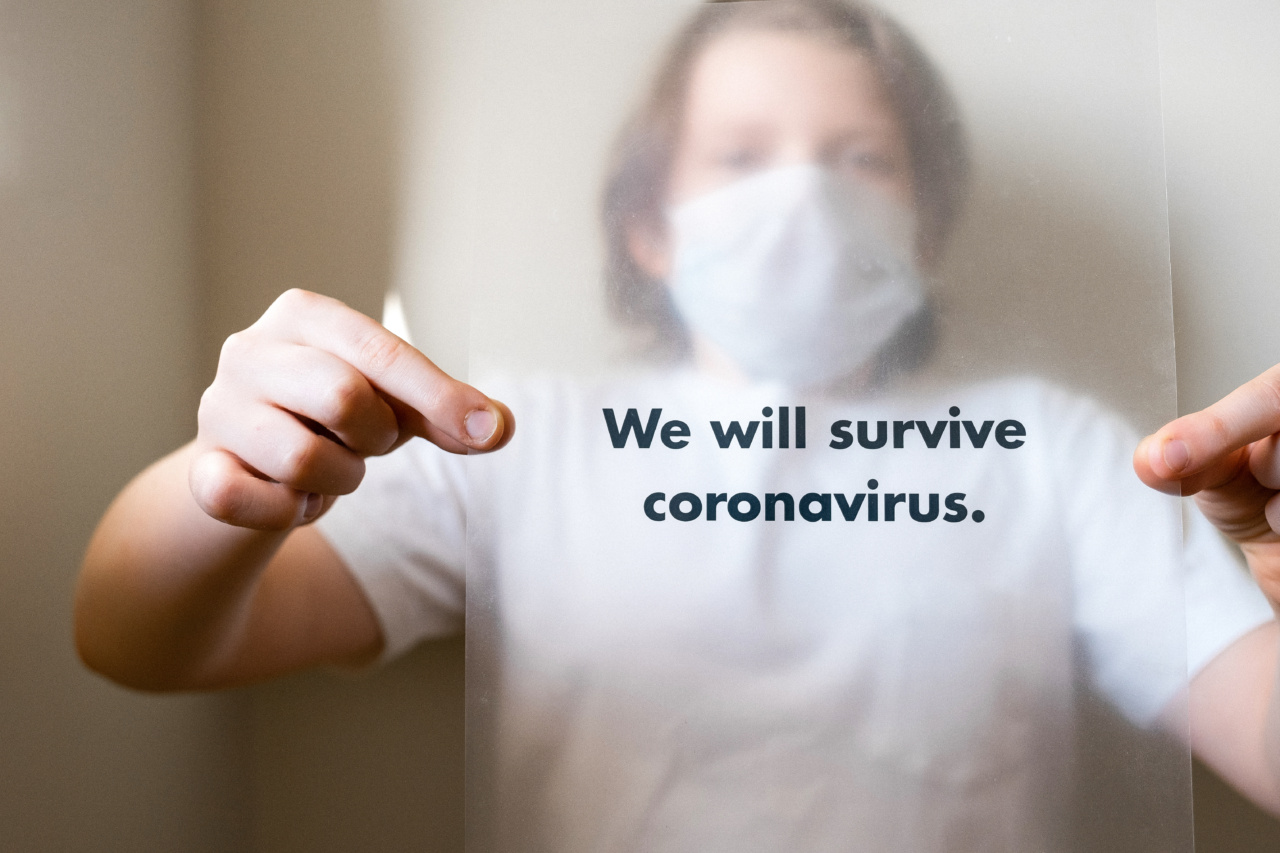Meningitis is a serious infection that can lead to severe health complications and even death. It is a public health concern that requires constant vigilance and awareness to prevent outbreaks and effectively manage cases.
This article aims to provide insightful information about meningitis, its causes, symptoms, prevention strategies, and the importance of staying vigilant to protect public health.
Understanding Meningitis
Meningitis is an inflammation of the meninges, which are the protective membranes that surround the brain and spinal cord. The infection can be caused by various pathogens, including bacteria, viruses, fungi, and parasites.
Bacterial meningitis is one of the most severe forms and can be life-threatening if not treated promptly.
Causes and Transmission
Bacterial meningitis is primarily caused by bacteria such as Neisseria meningitidis, Streptococcus pneumoniae, and Haemophilus influenzae.
These bacteria can be transmitted through respiratory droplets from coughing, sneezing, or close contact with an infected person. Viral meningitis, on the other hand, is commonly caused by enteroviruses and is spread through fecal-oral transmission or respiratory droplets.
Fungal and parasitic meningitis are relatively rare but can occur in individuals with weakened immune systems or through exposure to contaminated environments.
Fungal meningitis can be caused by organisms such as Cryptococcus neoformans, while parasitic meningitis can be caused by parasites like Naegleria fowleri.
Symptoms and Complications
The symptoms of meningitis can vary depending on the age of the affected individual and the underlying cause.
Common symptoms include severe headache, fever, neck stiffness, sensitivity to light, decreased appetite, nausea, vomiting, and altered mental status. In infants, symptoms may also include irritability, high-pitched crying, and a bulging fontanelle.
If left untreated, meningitis can lead to severe complications such as seizures, cognitive impairment, hearing loss, and even death.
Early detection and prompt treatment are vital in preventing these complications and improving outcomes for individuals affected by the infection.
Prevention Strategies
Preventing meningitis primarily involves practicing good hygiene and adopting vaccination strategies. Here are some essential prevention strategies:.
1. Vaccination
Vaccination is the most effective way to prevent certain types of bacterial meningitis. Vaccines targeting Neisseria meningitidis, Streptococcus pneumoniae, and Haemophilus influenzae have significantly reduced the incidence of meningitis worldwide.
2. Good Hygiene Practices
Practicing good hygiene, such as washing hands regularly with soap and water, covering the mouth and nose when coughing or sneezing, and avoiding close contact with infected individuals, can help reduce the spread of meningitis-causing pathogens.
3. Maintaining a Strong Immune System
Having a strong immune system can help prevent infections, including meningitis. Adopting a healthy lifestyle, getting adequate sleep, regular exercise, eating a balanced diet, and managing stress are essential for maintaining a robust immune system.
4. Avoiding Sharing Personal Items
Avoid sharing personal items like drinking glasses, utensils, or toothbrushes, as these can potentially transmit the bacteria or viruses that cause meningitis.
Staying Vigilant for Outbreaks
Even with preventive measures in place, meningitis outbreaks can still occur. Staying vigilant and being aware of potential outbreaks is crucial for prompt identification, containment, and effective management.
Public health authorities and healthcare professionals play a vital role in monitoring and responding to outbreaks.
1. Surveillance and Epidemiology
Establishing robust surveillance systems helps monitor the incidence and prevalence of meningitis in a particular population.
Tracking and analyzing data related to cases, including age groups affected, geographical distribution, and underlying causes, can provide valuable insights for early detection of outbreaks.
2. Rapid Diagnostic Tests
Developing and deploying rapid diagnostic tests for meningitis can facilitate early diagnosis and appropriate treatment.
These tests enable healthcare professionals to quickly identify the cause of meningitis and initiate appropriate treatment measures.
3. Public Awareness and Education
Public awareness campaigns on meningitis symptoms, preventive measures, and the importance of seeking medical attention promptly can help individuals recognize the signs and take appropriate action.
Education should target both healthcare professionals and the general public.
4. Collaboration and Coordination
Effective collaboration and coordination among various stakeholders, including government bodies, healthcare facilities, laboratories, and public health authorities, are essential for a comprehensive and timely response to meningitis outbreaks.
Sharing information, resources, and expertise can improve the overall management of the public health threat.
Conclusion
Meningitis is a significant public health concern that requires constant vigilance and proactive measures to prevent outbreaks and minimize the impact on affected individuals.
Understanding the causes, symptoms, and preventive strategies is crucial for staying vigilant and taking appropriate action. Vaccination, good hygiene practices, maintaining a strong immune system, and avoiding sharing personal items are essential preventive measures.
Additionally, surveillance, rapid diagnostic tests, public awareness, and collaborative efforts are vital for the early detection and effective management of meningitis outbreaks. By staying vigilant and prioritizing public health, we can work towards minimizing the burden of meningitis and safeguarding our communities.































